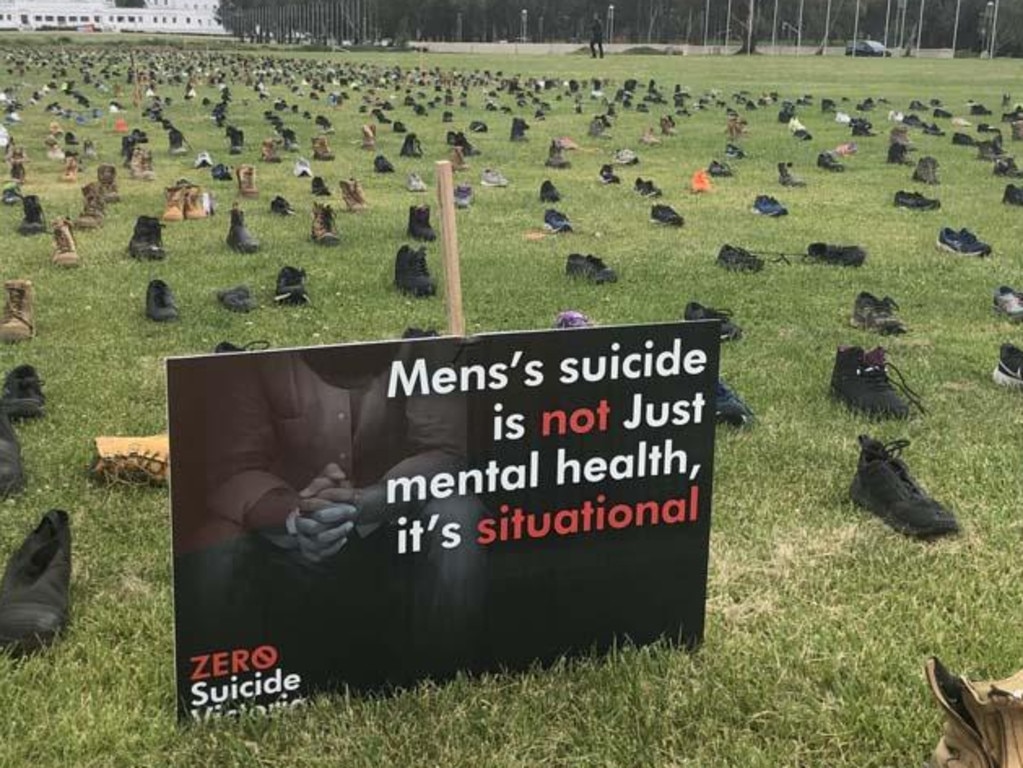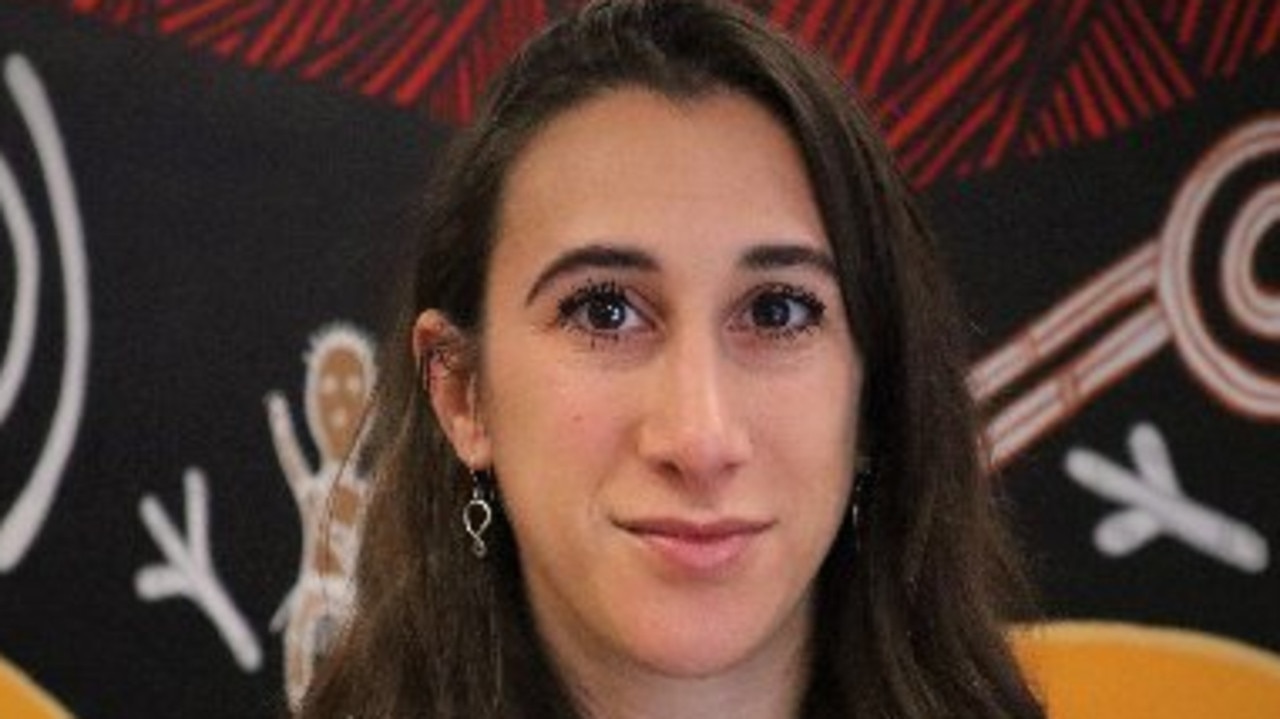Psychological intervention key to domestic-violence prevention and rehab strategies

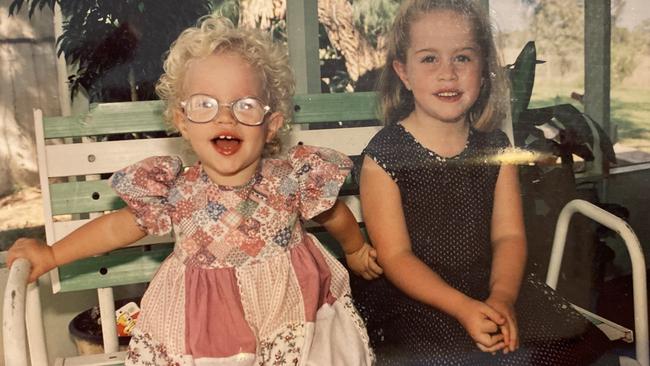
I don’t think for a second that the man who sexually abused me as a child was mentally well. I don’t think the recent murders of Australian women were committed by men with healthy thought patterns and constructive coping strategies. People who are happy and thriving don’t respond to uncomfortable situations with sexual or physical violence.
This may seem obvious to some, but it’s becoming a highly unfashionable viewpoint in the conversations around violence against women. A growing number of advocates and leaders are increasingly reluctant to identify mental ill-health as a factor contributing to sexual and physical violence against women, for fear of being seen as attempting to excuse these horrific crimes.
The former principal of St Andrew’s Cathedral School, John Collier, has been castigated widely for his recent comments suggesting Paul Thijssen had experienced a “mental disintegration” before allegedly bludgeoning Lilie James to death with a hammer. In an article published by the ABC, Yvette Vignando, chief executive of anti-domestic violence organisation Mary’s House, slammed Collier’s comments as blame shifting.
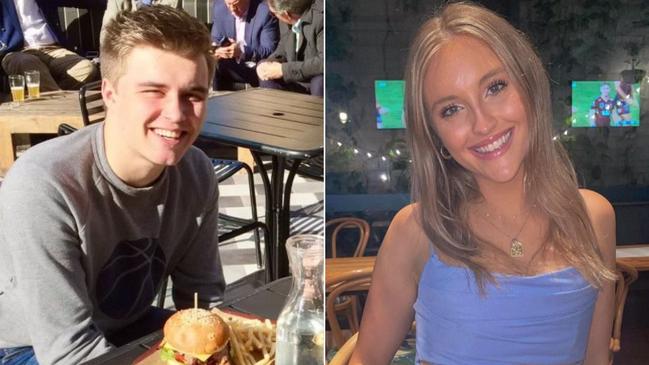
By pointing out how Thijssen had previously appeared in public to be an entirely good bloke, Collier also correctly identified the widespread misconception that these crimes are committed by people who look scary and are easily identifiable as monsters.
It is to the detriment of any real movement that aims to end sexual and physical violence against women to silence these kind of conversations. Advocates who continually silence attempts to talk about mental health and dismantle the “monster myth” would do well to interrogate their own belief systems. They also should check where the 1800RESPECT hotline refers perpetrators who seek support to stop hurting others – counsellors. Psychological intervention is absolutely central to our domestic-violence prevention and rehabilitation strategies.
As a child sex abuse survivor, I hope one day all men are brave enough to identify behaviours or thought patterns within themselves that are red flags, anti-social and maladaptive. That they can access support to change before they offend. This is key to preventing violence and sexual offending. This is how we save lives.
When I worked on The Australian’s My Sister’s Secrets podcast, we interviewed a child sex offender who was able to identify problematic thoughts and behaviours. He repeatedly sought mental health support but it was never made available to him, not even while in jail or after he got out. “How do we get the help to those people before they are hurting kids; how do we get them to help so that more kids don’t become victims,” Alan* says in the interview. “If we’re not able to be open and honest about what’s going on, then (these predators) are not going to get help … and more kids are going to get hurt.”
Alan did not attempt to minimise or excuse his crimes. He resorted to developing his own strategies such as limiting his exposure to children, but this is a clear cultural and systemic failing at play. Mental-health support to resolve trauma and develop empathic reasoning, emotional regulation and healthy self-esteem is key to intercepting potential and early offenders.
Hetty Johnston, founder of Bravehearts, also told the podcast psychological intervention was crucial in response to the development of concerning behaviours and attitudes: “If we can get people to disclose these behaviours we can help both the victim and the offender and we can stop this catastrophe that is sweeping across this country and around the world.”
Problematic belief systems that drive disrespect for women, such as the idea that women should be controlled by men or are worthless, are the root cause of both sexual and physical violence. They can be changed in the same way many harmful and problematic thought patterns are changed, through cognitive behavioural therapy.
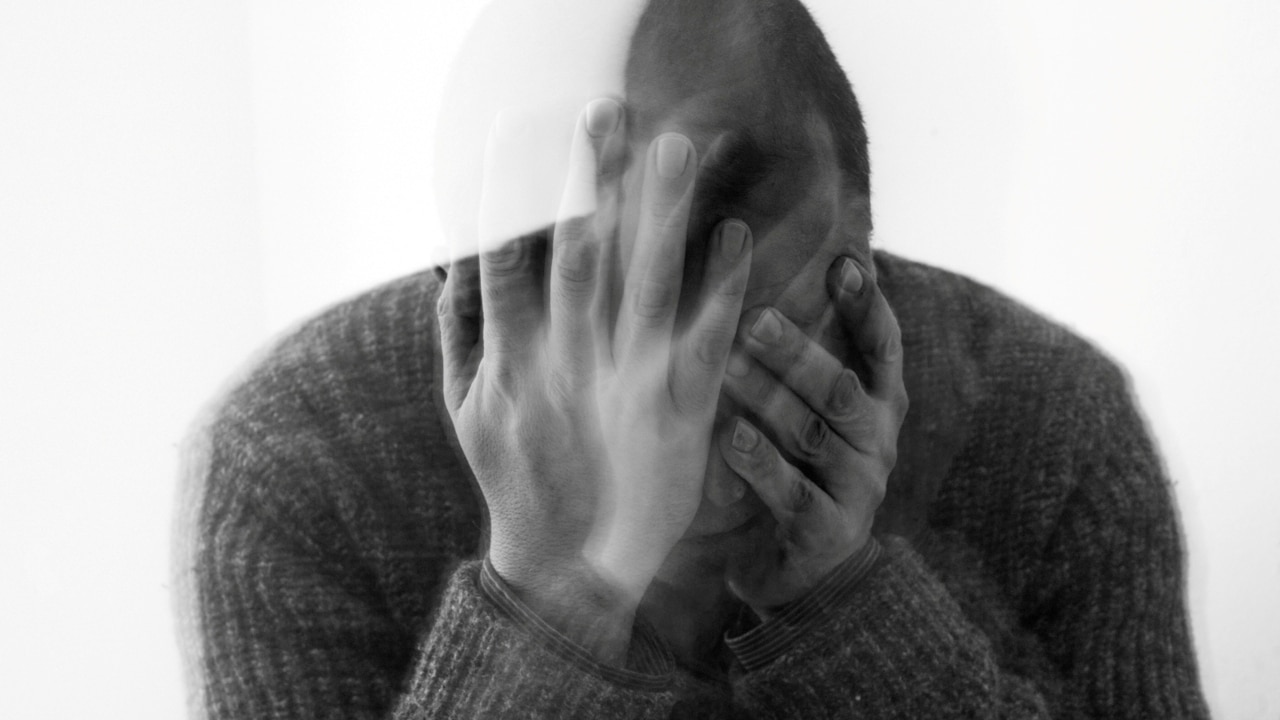
Psychologists have used this technique for decades to treat all manner of destructive thought patterns. They teach their clients first to identify when the thought is happening, to challenge the thought and interrupt the behaviour that usually follows. I have spent many hours in therapy as a result of child sexual abuse; why is it just the victim under the microscope? Aren’t perpetrators of violence also in need of some time on the couch? Are they not messed up too?
In excluding the discussion of mental illness as a contributing factor to male violence, we exclude it as a solution. We tell potential perpetrators that there is nothing to be done, no support and no amount of therapy that would help them develop safe and normal thought patterns and behaviours. We tell them that the evil springs from nowhere and cannot be helped. A culture that normalises men addressing mental health issues must surely be considered part of the solution.

Australian actor Toby Francis addressed this when he wrote a Facebook post that went viral. He told of how he was driven to seek help for his anger after a male friend called him out for smashing a plate during an argument with his girlfriend. The post went viral because he highlighted that there were many forks in the road in these situations.
“Good men are just a couple hundred incremental steps away from being bad men,” he says. “I dealt with my anger by seeking professional help. It helped me understand why I wasn’t processing arguments the way I was told I should be. I was able to develop tools that allowed me to do that with professional help.”
When we exclude mental illness from public discussions of male violence for fear of excusing the behaviour, we fail to see that mental illness isn’t an excuse for bad behaviour. It is an individual responsibility – we owe it to everyone around us to seek help if we are developing unhealthy thought patterns and behaviours. If we fail to do this, if we aren’t brave enough to accept fault within ourselves and seek to address it, then we are responsible for what happens next.
We must help friends and family recognise unhealthy thoughts patterns if they can’t see it in themselves. We must raise our children in a culture that views psychological support as a valid solution for preventing violence. Psychological support must also be readily available when an attempt to access help is made.
Part of the reason for the silence around mental health and male violence is the fear that it distracts from the root cause of gendered violence, which is gender inequality. There is no reason the discussion of psychological support to reduce violence cannot happen alongside the cultural and social change that must also occur. We must continue to challenge harmful attitudes towards women, but mental health support is another tool at our disposal. It is both an emergency response and a tool to help to break down generational cycles of abuse.

We seem comfortable with identifying mental health issues in the rare instances where women are perpetrators of domestic violence. In an interview with women’s media platform Mamamia, criminal psychologist Tim Watson-Munroe explained filicide, when a mother kills her children, as a result of psychotic depression: “They are so depressed they lose touch with reality and see no way out. It’s a terrible crime.”
Why is it appropriate to say that a woman has mental health issues and lost touch with reality and saw no way out, but not a man?
Watson-Munro goes on to be paraphrased as saying female perpetrators of domestic violence lack support. He says the crimes “most definitely stem from a lack of funding, treatment and diagnosis options and ability to recognise the extent of the issue in our wider society”.
“More needs to be done in terms of funding for treatment, community programs and so on. Often these women feel deeply stigmatised because they are so depressed. It’s a pretty extreme thing for a mum to kill her baby. There can be examples where mothers kill older children because they see no way out, but again it’s born out of despair and occasionally revenge,” he says.
Watson-Munro was also interviewed by the Daily Mail more recently, specifically in relation to Thijssen and speculated he was a narcissist. The term is often used loosely to describe self-centred people but is also a clinically diagnosed mental health condition called narcissistic personality disorder. There is a chance that if Thijssen had been able to identify his harmful personality traits and accessed mental health support in adolescence he may have developed the skills to cope with rejection. He may never have resorted to allegedly bludgeoning a woman to death.
People who appear otherwise normal can harbour deep-seated and deadly thought patterns. How often do we hear the shock and disbelief of loved ones in the wake of a suicide? How they had just spoken to them that week and they seemed fine? Or even that they knew they were struggling but had no idea it was “that bad”.
People with a mental illness often become absolute masters of disguise because that is how they survive – they pretend. Potential and active offenders also can often become masters of hiding their insecurities, internal struggles, violent urges and abhorrent attitudes towards women and children, at least in public.
Having lived with the deadly repercussions of violence against women, I am the last person wishing to excuse this violence. Mental health can only be “an excuse” in a society where there is zero accountability for one’s actions. Only once we assume a base level of responsibility for our mental health, and construct a support system where help is readily available, will we have a chance of successfully implementing key prevention and intervention measures. Only then will we achieve a cultural environment that sanctions men getting mental health support.
* Not his real name.

